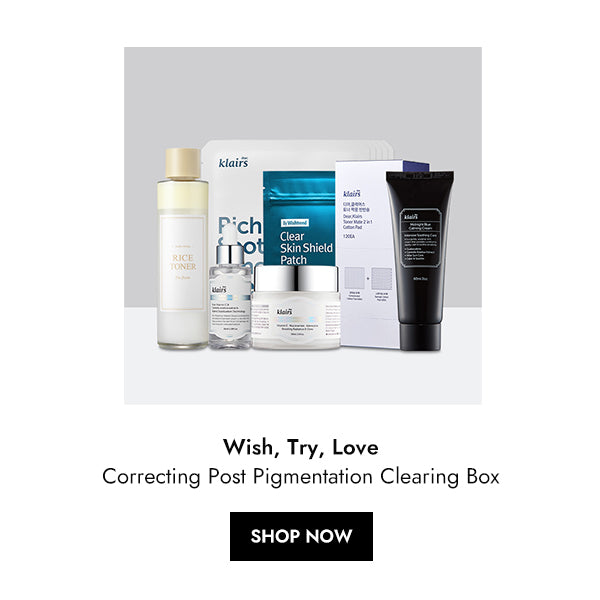The Hyperpigmentation Guidebook Just for Your Skin
by Claudia Christin on Jan 25, 2021
 What stops you from keeping your makeup simple and sheer? Probably, dark spots. The older we get, the more dark spot issues we are faced with. Dark spots or commonly called hyperpigmentation is a term that is used to describe a patch of skin that appears darker in color compared to their surrounding areas. Generally, they are not harmful but are cosmetically undesirable since it may make our skin looks duller and tired. Today we are going to talk about what causes hyperpigmentation and what ingredients to look for to fade them away!
What stops you from keeping your makeup simple and sheer? Probably, dark spots. The older we get, the more dark spot issues we are faced with. Dark spots or commonly called hyperpigmentation is a term that is used to describe a patch of skin that appears darker in color compared to their surrounding areas. Generally, they are not harmful but are cosmetically undesirable since it may make our skin looks duller and tired. Today we are going to talk about what causes hyperpigmentation and what ingredients to look for to fade them away!
What causes hyperpigmentation?
Hyperpigmentation is caused due to the excess deposition of skin pigment called melanin. The deposition of skin pigment is actually a response of our skin towards signals from external or internal environments in order to protect our skin from DNA damage. There are several risk factors that increased the production of melanin. Some of the signals are:
- • Inflammation (acne)
- • Injury (burns, cuts)
- • UV exposure and visible light
- • Hormone (estrogen and progesterone), pregnancy
- • Genetics, darker skin tone
- • Medication

Types of hyperpigmentation
In general, hyperpigmentation can be categorized based on its major different causes:
-
1. Age spots
-
2. PIH (post-inflammatory hyperpigmentation)
-
3. Melasma
How to prevent hyperpigmentation?
While some of them are inevitable, there are definitely ways to stop them from getting even worse than it should be
-
1. Always wear your sunscreen
-
2. Double up the protection with an antioxidant
-
3. Physical protection
-
4. Get your skin condition treated properly
-
5. Don’t pick on your pimple
Which ingredients to look for?
While the above measures can help prevent you from forming new or dark spots, some of the following ingredients can speed up the fading process of hyperpigmentation.-
1. UV filters in sunscreen
-
2. Retinoid
-
3. Ascorbic acid or vitamin C

-
4. Azelaic acid
-
5. Cysteamine
-
6. Niacinamide

-
7. Kojic acid
-
8. Arbutin
-
9. Licorice Root Extract
-
10. Soy extracts
-
11. Hydroxy-acids (AHA, BHA)












